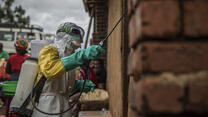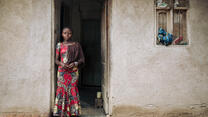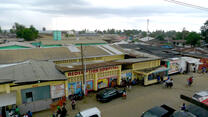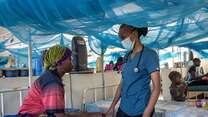The world's second deadliest Ebola outbreak, which occurred in the East of the Democratic Republic of the Congo, was finally declared over on the 25th of June 2020 after almost two years of combined efforts of all response actors. In total, 3,470 cases were reported, with 2,287 deaths and 1,171 survivors.
Previous outbreaks and the ongoing COVID-19 pandemic have shown the impact health epidemics can have on people’s lives. To understand how this Ebola outbreak had impacted people living in North-Kivu, IRC conducted an assessment in March 2020, and consulted 340 people living in ten communities the area. They were asked what changes they had perceived due to the Ebola Virus Disease and the emergency response to the outbreak.
Some of the findings confirm what was learned from previous outbreaks: people suffered from fear, stress and panic due to the Ebola disease and response; security remains a key concern for the population and the Ebola outbreak also had important socio-economic effects, impacting livelihoods and creating more conflicts.
The people interviewed were also asked about what their most pressing needs were in March 2020, with water, health and protection needs in the top three. Lastly, they were asked about recommendations on how international organizations could contribute to their path of recovery, and what needs to be done to ensure the gains from the huge investments in the Ebola response are consolidated.



